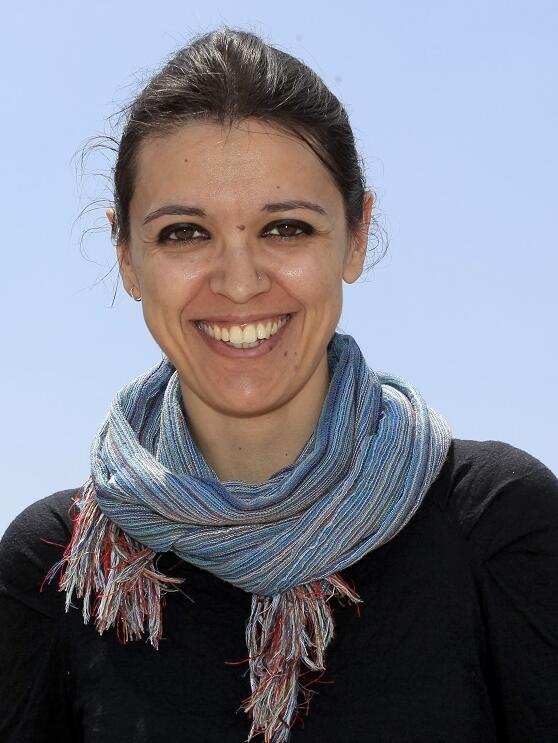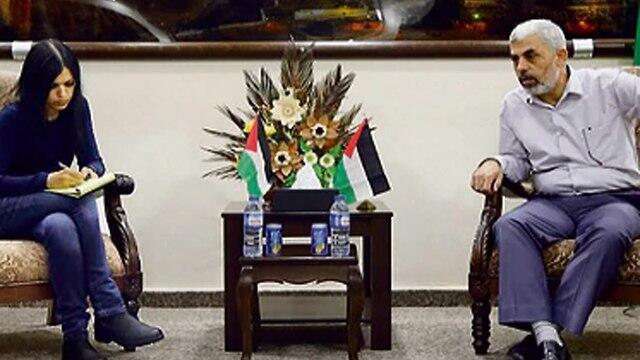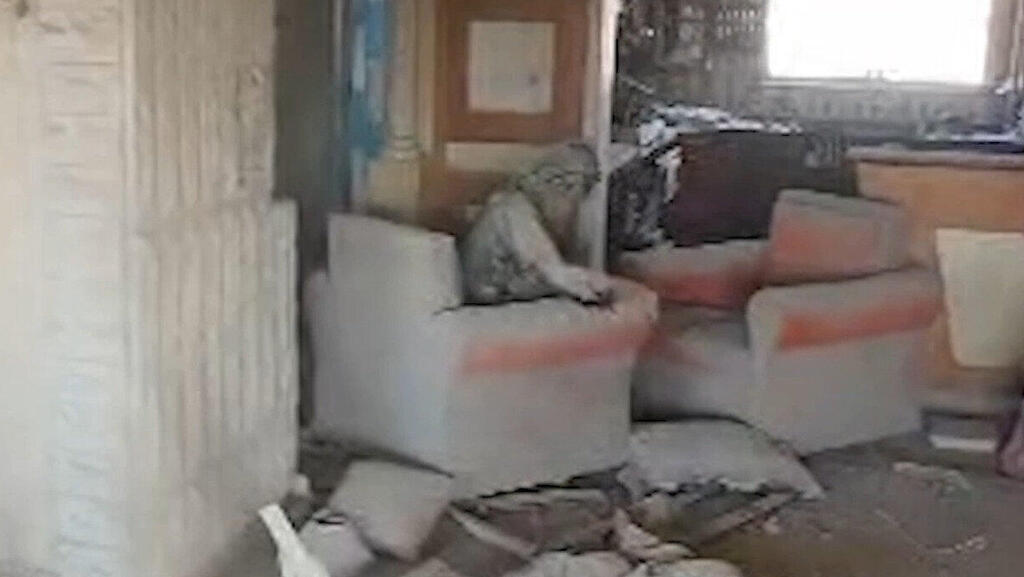Getting your Trinity Audio player ready...
To me, he looked like just another person. He didn’t stand out, didn’t draw attention when he arrived. He seemed to have no distinguishing features. Yahya Sinwar struck me as a simple man. Always wearing a gray or light blue shirt.
When I arrived to interview him, he told me that I, as an Italian citizen, could decide for myself how to live my life, what to do, where to be, what to study. But if you're Palestinian, he said, life decides for you. The “occupation” decides for you.
Back then, when I met him, he still talked about the children on Gaza's beach, saying he wanted them to dream of becoming soccer players and doctors. But those children have only known war. After 22 years in Israeli prison, he told me he had only exchanged one prison for another and that he was still imprisoned.
In that 2018 interview, he gave me the big headline, saying "I don't want any more wars." It feels as if lifetimes, whole worlds, have passed since then. And we'll never know if Yahya Sinwar was genuine with me then and only changed his mind later when he saw what was happening with the Abraham Accords, as many claim.
Perhaps he realized he was losing relevance, being pushed into a corner. Or, according to many other analyses, what he said was just a tactic, a deception, while he was already planning the October 7 attack down to the last detail.
But ultimately, does that even matter now? Like wondering whether a cease-fire now would simply give Hamas an excuse to regroup, as we see recent images of a dusty Sinwar, in his final burst of strength, an injured hand trying to throw a wooden plank at an IDF drone. He's already become an icon for Arabs. A new icon, like Che Guevara, with everyone around Israel vowing never to surrender.
But the truth is, that wooden plank remains just a wooden plank. Because the final image is also the opposite of that. It reminds me of that famous shot of Sinwar sitting with a smug, defiant look on a couch amid the ruins, like he’s on a throne — a king of sorts. The king of shame and disaster, the king of the October 7 tragedy.
He achieved what he did not because he was a military genius, but because the IDF had disappeared behind the walls and because he did not receive the aid or support of the unified Arab fronts he so heavily relied on. He didn’t even get the uprising he sought in the West Bank. In the end, all he was left with was this.
 Francesca BorriPhoto: Haim Tzach
Francesca BorriPhoto: Haim TzachTo be left with a wooden plank in the era of drones. He’s brought Gaza back to the Middle Ages. He wanted the occupation to end, or for Israel to fade and disappear. But in the end, it was Gaza. Which image will embed itself in Palestinian consciousness?
A cease-fire won't be the moment where everything ends; it’ll be the one where everything begins. Israel will have to decide what will happen to the children in Gaza, the ones standing on the shore, looking out at the sea as Gaza now burns.
- Francesca Borri is an Italian journalist.
Get the Ynetnews app on your smartphone:




